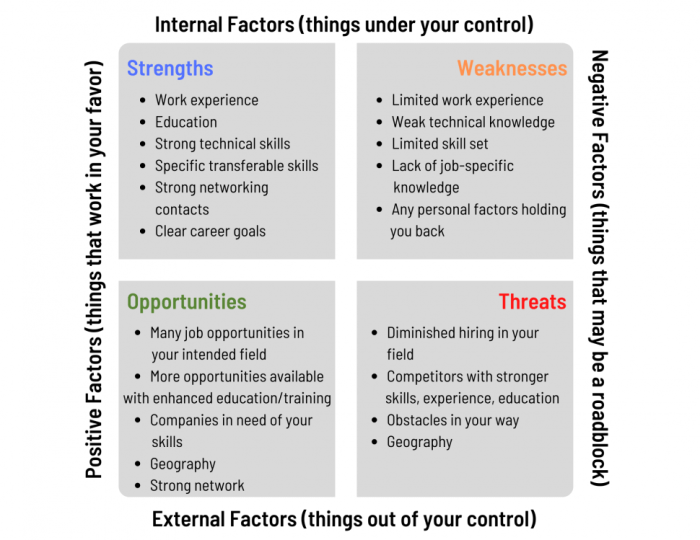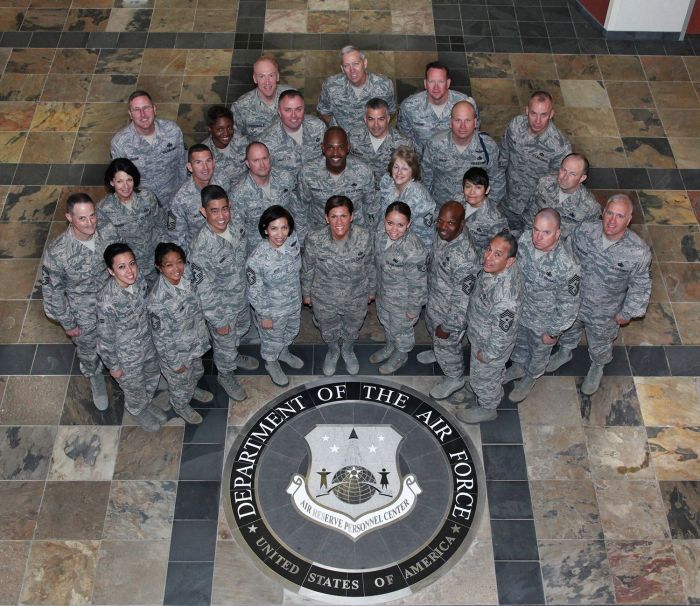Career development boards interview personnel what minimum – As Career Development Boards: Interview Personnel Minimum Qualifications takes center stage, this opening passage beckons readers with authoritative academic style into a world crafted with sound knowledge, ensuring a reading experience that is both absorbing and distinctly original.
This comprehensive guide delves into the essential skills and experience required for interview personnel, emphasizing their critical role in effective candidate assessment. We explore the involvement of career development boards in the interview process, highlighting their invaluable assistance to employers in identifying qualified candidates.
Minimum Qualifications for Interview Personnel: Career Development Boards Interview Personnel What Minimum

To ensure effective candidate assessment, interview personnel must possess essential skills and experience. These include:
- Excellent communication and interpersonal skills
- Strong analytical and problem-solving abilities
- Knowledge of industry best practices and legal requirements
- Experience in conducting structured interviews
- Ability to evaluate candidate performance objectively
These qualifications align with industry best practices and legal requirements, ensuring that interviews are conducted fairly and ethically.
Role of Career Development Boards in Interviewing
Career development boards play a crucial role in the interview process by:
- Providing a pool of qualified candidates
- Screening candidates to identify those who meet job requirements
- Conducting initial interviews to assess candidate suitability
- Assisting employers in developing interview strategies
Partnering with career development boards offers employers access to a wider talent pool and professional expertise in candidate selection.
Best Practices for Interviewing Candidates
Effective interviews involve:
- Preparing for interviews by developing structured interview questions
- Creating a comfortable and professional interview environment
- Using a variety of interview formats (e.g., one-on-one, panel, behavioral)
- Asking open-ended questions to elicit detailed responses
- Actively listening to candidate responses and asking follow-up questions
- Providing clear and timely feedback to candidates
Evaluating Interview Performance, Career development boards interview personnel what minimum
Interview personnel performance should be evaluated using:
- Objective criteria, such as candidate satisfaction and interview quality
- Regular feedback from supervisors and candidates
- Peer reviews to assess interviewing skills
Evaluation results can be used to improve interview processes and enhance candidate selection outcomes.
Legal Considerations in Interviewing
Interviewers must be aware of legal considerations, including:
- Equal Opportunity Employment laws prohibiting discrimination
- Disability Accommodation laws requiring reasonable accommodations for disabled candidates
- Privacy laws protecting candidate information
Adhering to these laws ensures fair and ethical interviewing practices.
FAQ Guide
What are the key responsibilities of interview personnel?
Interview personnel are responsible for conducting effective interviews, evaluating candidate performance, and providing constructive feedback. They play a crucial role in ensuring that organizations hire qualified and suitable individuals.
How can career development boards assist employers in the interview process?
Career development boards can assist employers by providing access to a pool of qualified candidates, conducting pre-screening interviews, and offering guidance on best practices for interviewing and candidate selection.
What are some common legal considerations related to interviewing?
Interviewers must adhere to laws and regulations that prohibit discrimination and bias in the interview process. These include equal opportunity employment laws and disability accommodation requirements.


